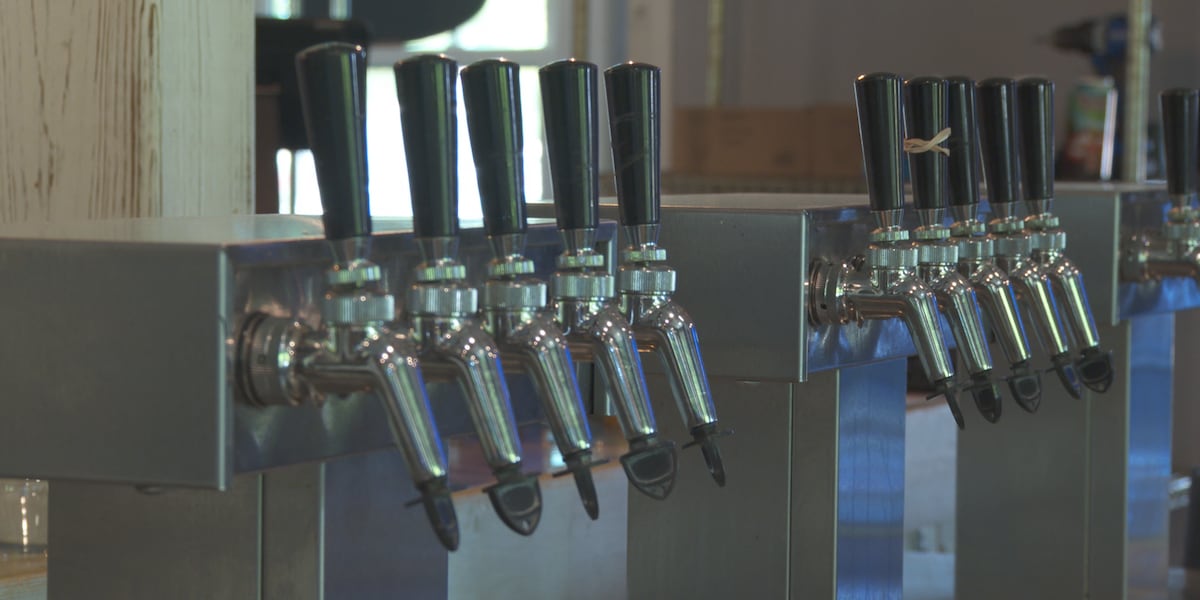Shots of Stress: How Liquor Insurance Premiums Are Draining South Carolina's Bar Scene

The Rising Cost of Liquor Liability Insurance: A Challenging Landscape for Small Businesses in South Carolina
Small business owners in South Carolina are facing a critical challenge as liquor liability insurance premiums skyrocket, creating an unprecedented financial strain. Many establishments, particularly bars, restaurants, and entertainment venues, are finding themselves at a crossroads, forced to make difficult decisions about their future.
The escalating insurance costs are pushing many small business owners to the brink, with some left with no choice but to shut down their operations entirely. Others are being compelled to dramatically reimagine their business models, potentially sacrificing the core services that once defined their brand.
This insurance crisis is more than just a financial burden—it's a threat to the vibrant local business ecosystem. Entrepreneurs who have invested years of hard work and passion into their establishments now find themselves wrestling with an increasingly unsustainable economic reality.
As insurance rates continue to climb, small business owners are desperately seeking innovative solutions and advocating for regulatory relief that could help them survive in an increasingly challenging marketplace.
